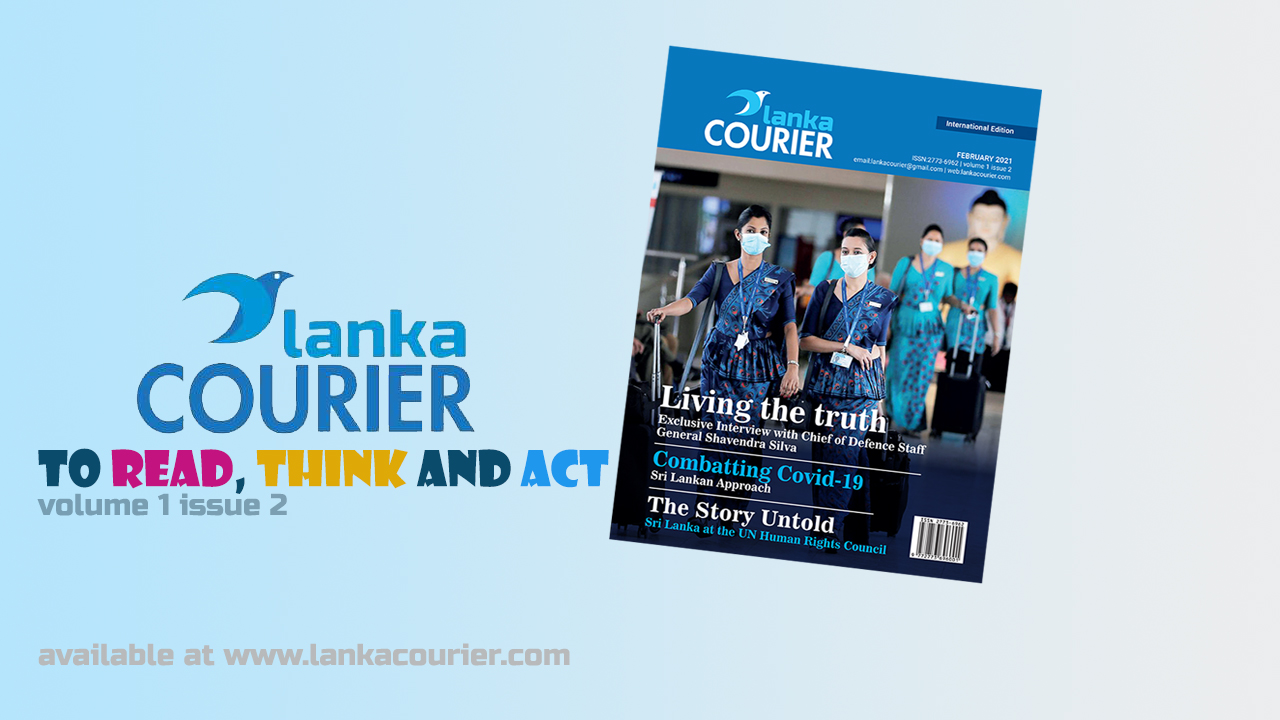A speech designed for nation-building
Nelson Mandela’s inauguration address was concise and concentrated in its rhetorical charge
by Sam Leith
To give us all a break from Brexit, I thought this week to turn to a golden oldie. It is 25 years this week since Nelson Mandela became the first president of the new South Africa. In an age of vehement extremes, Mandela’s reasonableness — I should say, steely reasonableness — might be something we can all learn from.
 |
| Late Mandela ( File Photo) |
Perhaps his best-known speech is his 1964 address from the dock in Pretoria before his long imprisonment. The last two sentences of its peroration are inscribed on the wall of South Africa’s constitutional court in Johannesburg: “I have cherished the ideal of a democratic and free society in which all persons live together in harmony and with equal opportunities. It is an ideal which I hope to live for and to achieve. But if needs be, it is an ideal for which I am prepared to die.”
That speech was a very long one. It was one of quietly and meticulously reasoned defiance — a man accused of being a terrorist making a point of speaking like a statesman. The speech he made at his inauguration was a different affair: at once more concise and more concentrated in its rhetorical charge. It served a different purpose: here was a new president hoping to begin a process of reconciliation and nation-building.
Accordingly, its master-trope was the first-person plural. He was aspiring to speak for a “we” that could be unproblematically connected inwards to the South African soil and its community of citizens, and outwards to the other nations of the world. And in stamping his authority on something new, he sought to speak like something old: somewhere between national leader and Old Testament prophet.
He started with a consciously elevated, even pleonastic diction: “Today, all of us do, by our presence here, and by our celebrations in other parts of our country and the world, confer glory and hope to newborn liberty.” Note the flourish of “do”, the doublings (“our country and the world”; “glory and hope”) and the grandiloquent appeal to “newborn liberty”.
Click here to read Mandela's Speech in 1994
He went on to speak of “our daily deeds”, what “we . . . owe to ourselves”, “each one of us . . . each one of us . . .”, of the “physical oneness we all share with this common homeland”, and “we, the people of South Africa”. He ran, anaphorically, through “we thank . . . we trust . . . we deeply appreciate . . . we would also like to pay tribute . . . ”
He presented that “we” as the natural order of things — linking it expressly to the land. He evoked the “jacaranda trees of Pretoria and the mimosa trees of the bushveld”, city and countryside alongside each other (with, perhaps, a nod to Martin Luther King’s geographical riff in his “I Have A Dream” speech). But this was not blood-and-soil nationalism: he placed the idea in an international context. That organic connection with “the common homeland” explained the “depth of pain we all carried in our hearts when we saw it” — tricolon alert! — “spurned, outlawed and isolated by the peoples of the world”.
So pervasive was the first-person plural that, even when speaking on his own behalf, he used it: “We are both humbled and elevated by the honour and privilege that you, the people of South Africa, have bestowed on us, as the first president.”
Again, in that passage you can see the doubling of terms — humbled and elevated, honoured and privileged — that goes on throughout the speech. And it’s a speech so littered with tricolons that if I quoted all of them I’d bust my word-count straight away. The one in his peroration stands as representative: “Let there be justice for all. Let there be peace for all. Let there be work, bread, water and salt for all.” Particularly telling is its biblical cadence, and the almost elemental resonance of “bread, water and salt”.
This is the high style, with bells on. “Never, never and never again,” he concludes, “shall it be that this beautiful land will again experience the oppression of one by another and suffer the indignity of being the skunk of the world.” Only in that unusual and so memorable word choice — “the skunk of the world” — with its di-dum diddy-dum rhythm — do you get a flash of Mandela’s humour.
Does the speech’s final injunction — “let freedom reign” — offer an anagrammatic echo of King’s “let freedom ring”? I suspect it does — turning King’s straightforward metaphor into a sly half-paradox. As he knew, his first-person plural, that idea of a united nation, wasn’t going to be unproblematic in the years to come.
The writer is literary editor of The Spectator and author of ‘You Talkin’ To Me? Rhetoric from Aristotle to Trump and Beyond’. This article originally published in 2019 by Financial Times.














No comments: